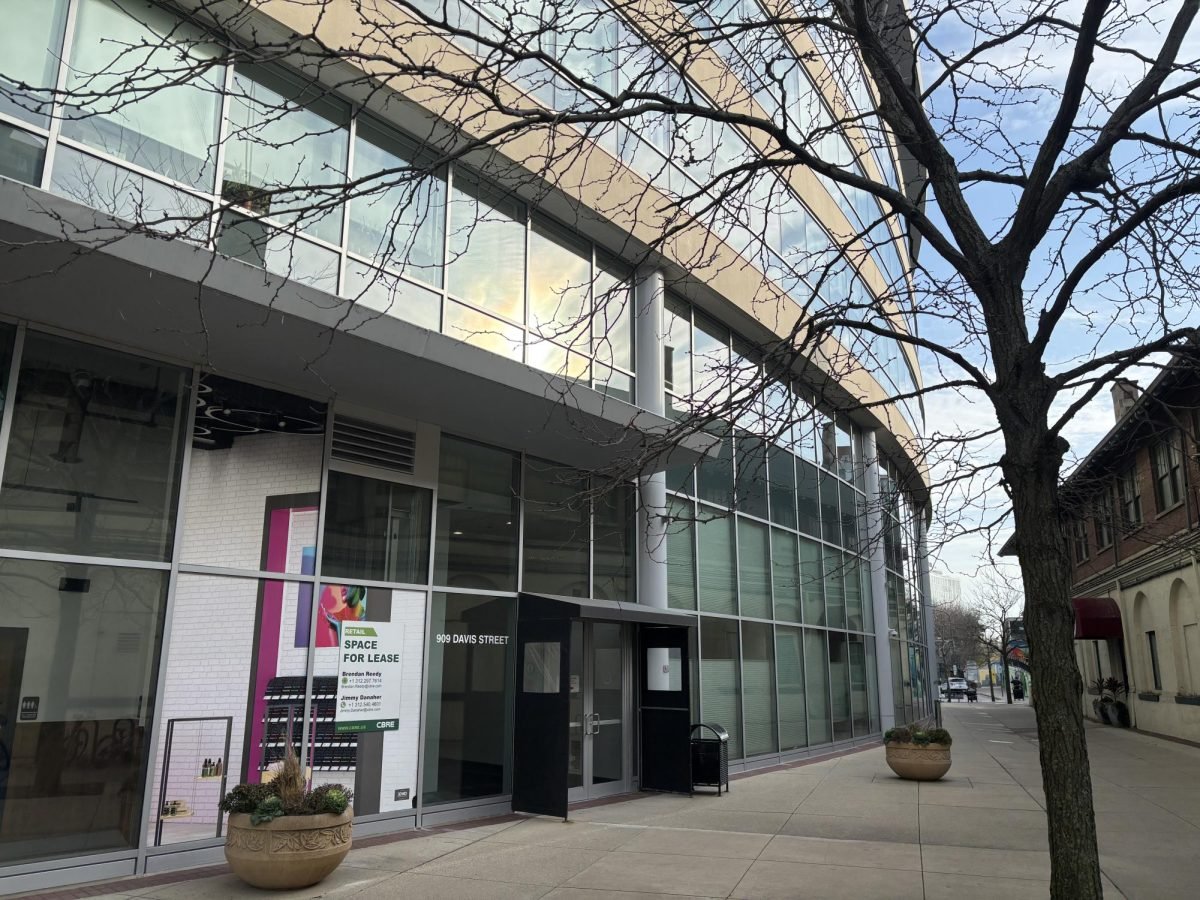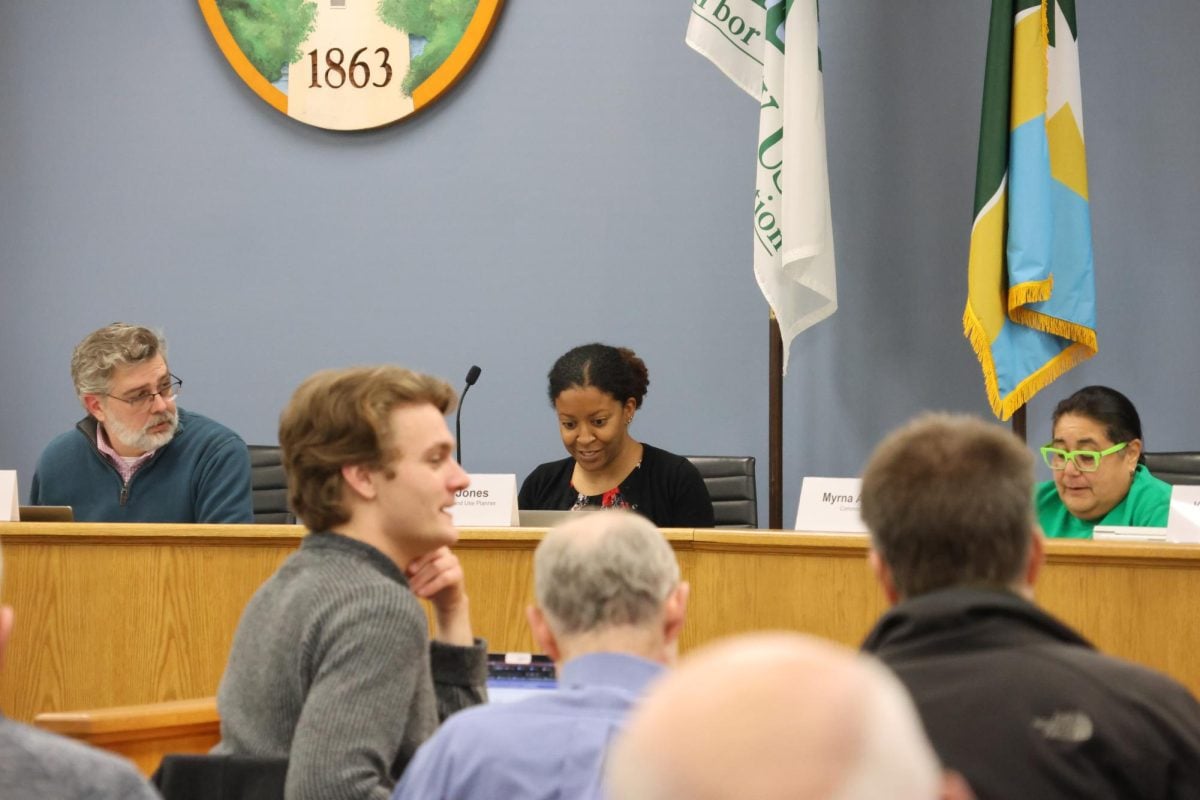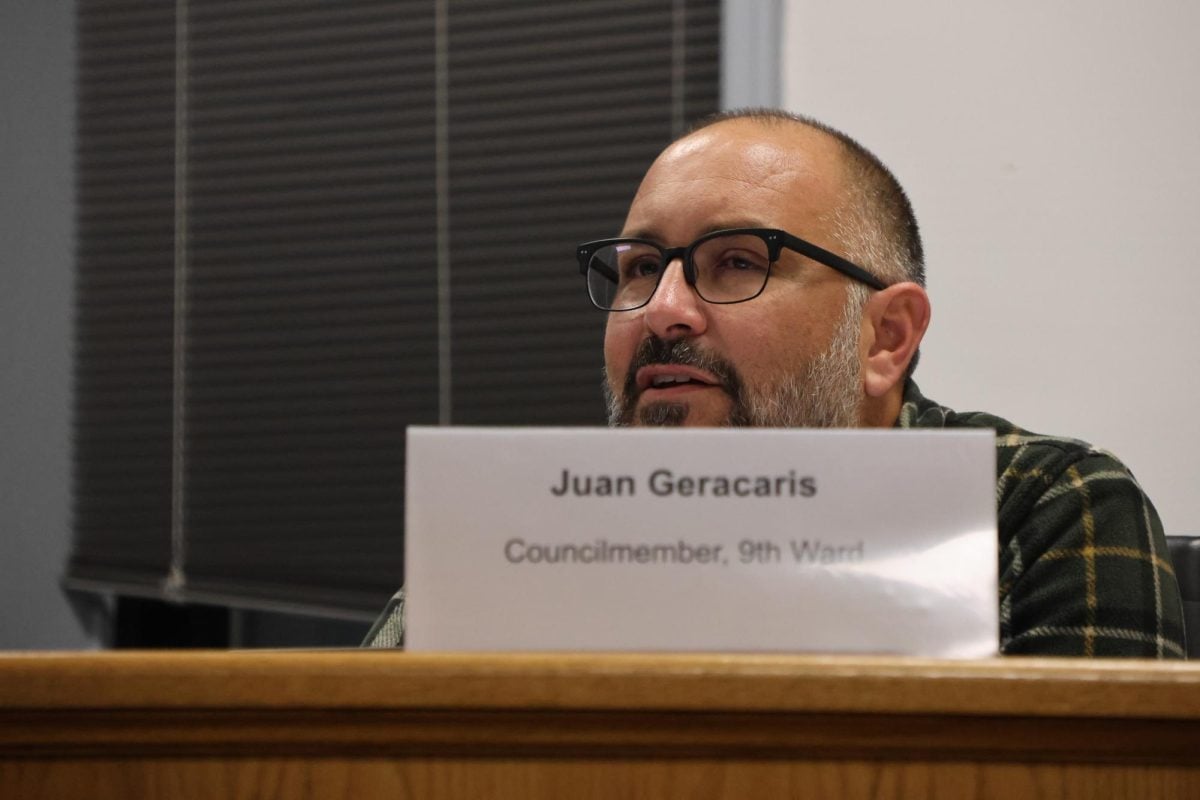Evanston voters may finally be able to decide whether to dissolve the Evanston Township at the next general election.
A bill introduced by state Sen. Daniel Biss (D-Evanston) that would enable Evanston voters to dissolve the township now awaits Gov. Pat Quinn’s signature after passing the Illinois House on Thursday and the Illinois Senate last month.
If signed into law, the legislation would allow the Evanston City Council to put a binding referendum question on township dissolution on the next election ballot. It was specifically crafted to apply only to Evanston, where the township shares the same border as the city and the council acts as township trustees.
Evanston residents voted to abolish the township by a 2-t0-1 margin in an nonbinding referendum last March. But a similar bill proposed by former state Sen. Jeffrey Schoenberg (D-Evanston) last year was defeated following lobbying by the Township Officials of Illinois group.
Ald. Jane Grover (7th) said the path to dissolution would remain unclear even if Quinn signs the bill. The council would likely organize discussions with the community before putting the referendum on the ballot, she said.
The township currently operates on a $1.5 million budget, allowing it to administer the city’s general financial assistance program, run an employment program and assist residents with tax-related services.
Grover said it is essential that residents continue to enjoy these services even if the township is eliminated.
“I read that as just eliminating one level of government, not necessarily services provided by that government,” she said. “What I’d really like to explore is whether general assistance and emergency assistance can be administered by different entities than the township and how we can get there.”
But township assessor Bonnie Wilson said eliminating the township might jeopardize services such as property assessment appeals. The Cook County Assessor’s Office, she said, gives the township access to programs facilitating tax appeal services that the city may not enjoy.
“If they don’t get access, they just won’t get the help that they’ve been getting during my tenure,” Wilson said. “Taxpayers won’t have the expertise or might have to go to Skokie to appeal their assessments.”


















